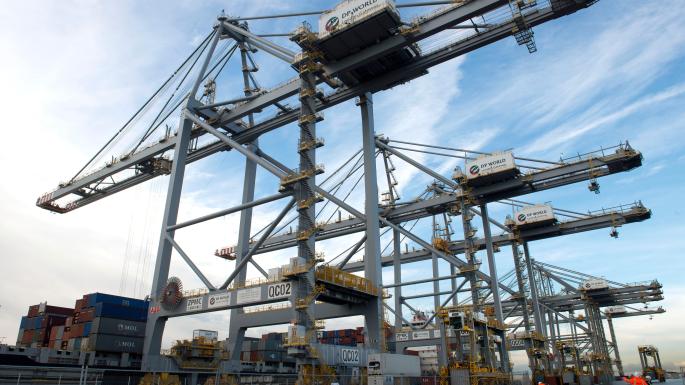World Bank forecasts 4 per cent rise in global trade
- June 15, 2017
- Jack Cunningham
- 0 Comments

Global trade will defy fears of protectionism in America to grow at its fastest pace this year since 2014, according to World Bank forecasts. Having slowed for two years, global trade volumes are expected to rise 4 per cent this year. The world economy is forecast to expand by 2.7 per cent, up from 2.4 per cent in 2016.
Until 2015, global trade had been expanding more rapidly than global GDP but that trend was reversed amid a fall in Chinese growth and sluggish investment. With the election of President Trump last term and a groundswell of support for populist parties in Europe, there had been fears that trade could suffer another setback. But despite issues with US trade policy changing and evolving, the World Bank has stayed its optimistic stance with regard to global trade. There may be setbacks and shifts in the dynamics between many countries, but overall the situation is expected to improve in the long run.
The World Bank warned in its Global Economic Prospects report that protectionism remained a threat but said that, so far, there was little evidence of it. “Protectionist measures do not appear to have been a significant factor behind weak trade since the global financial crisis,” the World Bank said.
“The number of new trade restrictions in 2016 was broadly in line with previous years. And although the use of non-tariff restrictions appears to have increased, their dampening effect has been limited. Nevertheless, an expanding stock of restrictions and growing uncertainty about the direction of trade policy in some major economies could have a material negative impact. Despite the recent improvement in world trade, the possibility of rising trade protectionism has become a major source of concern.”
Global trade growth hit a low of 2.5 per cent last year, just above the World Bank’s estimate of 2.4 per cent GDP growth. The trade recovery began in the second half of the year, supported by stronger industrial activity. Signs of higher levels of investment this year are expected to support the trade recovery.
For the first time in years, the World Bank’s forecast was not revised lower from its January outlook but held steady at 2.7 per cent. Eurozone growth was revised up from 1.5 per cent to 1.7 per cent this year and by 0.1 percentage points in 2018 and 2019.
Apart from protectionism, the World Bank said the biggest threat to global growth came from an increase in borrowing costs for emerging markets, many of which are heavily indebted.
“The reassuring news is that trade is recovering,” Paul Romer, the World Bank’s chief economist, said.
